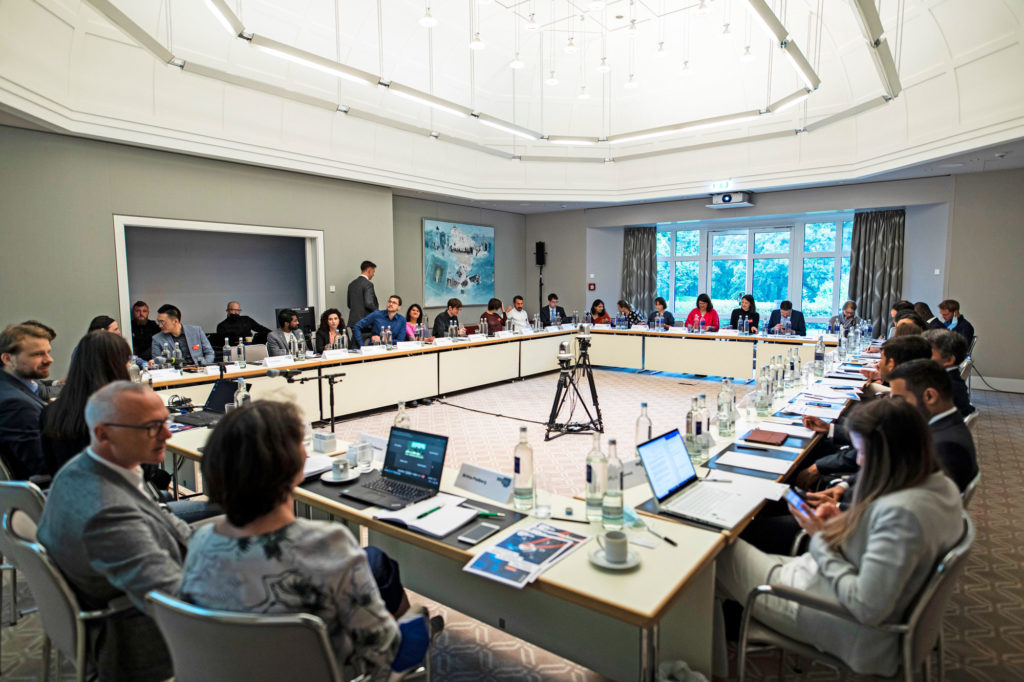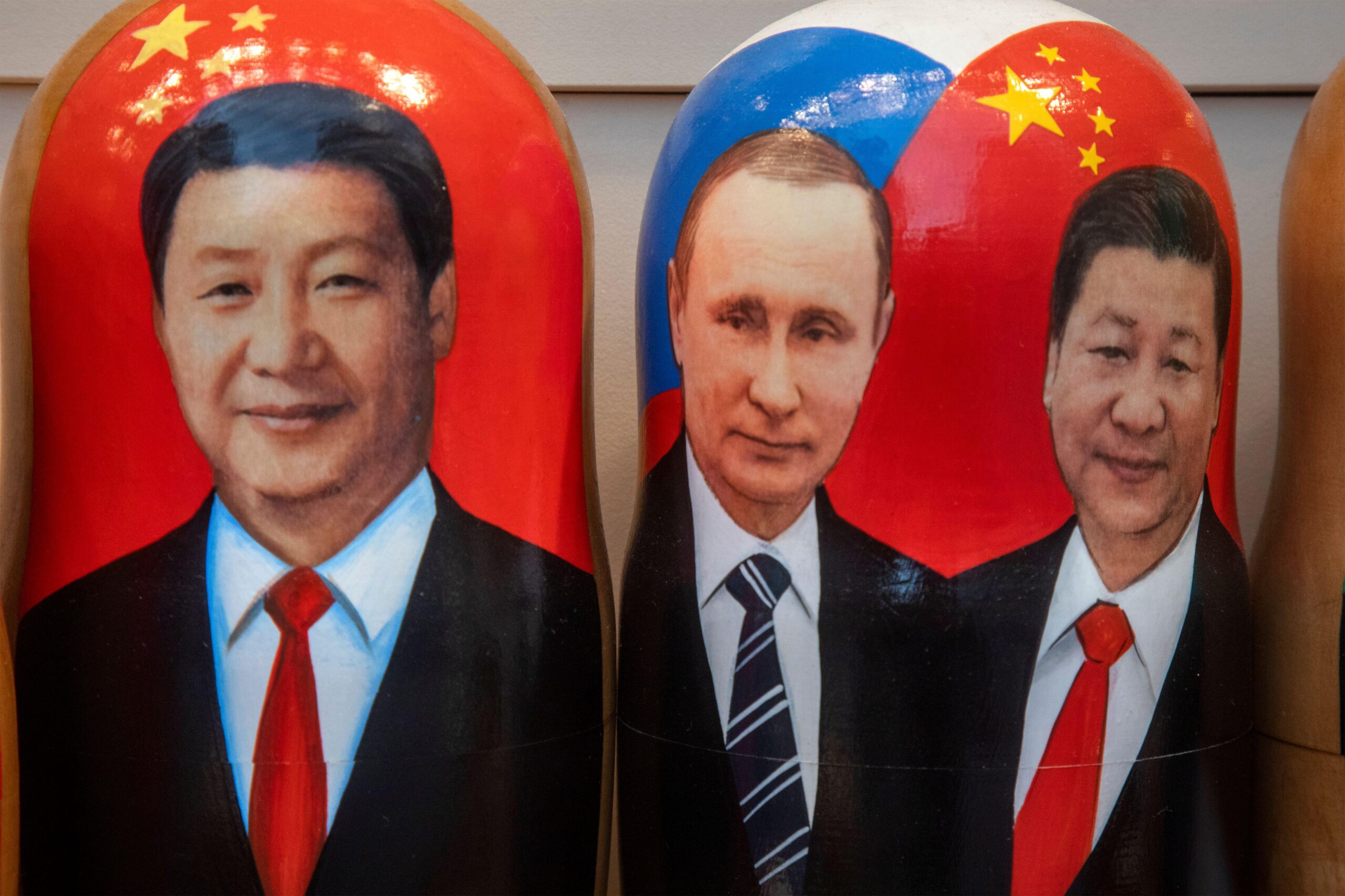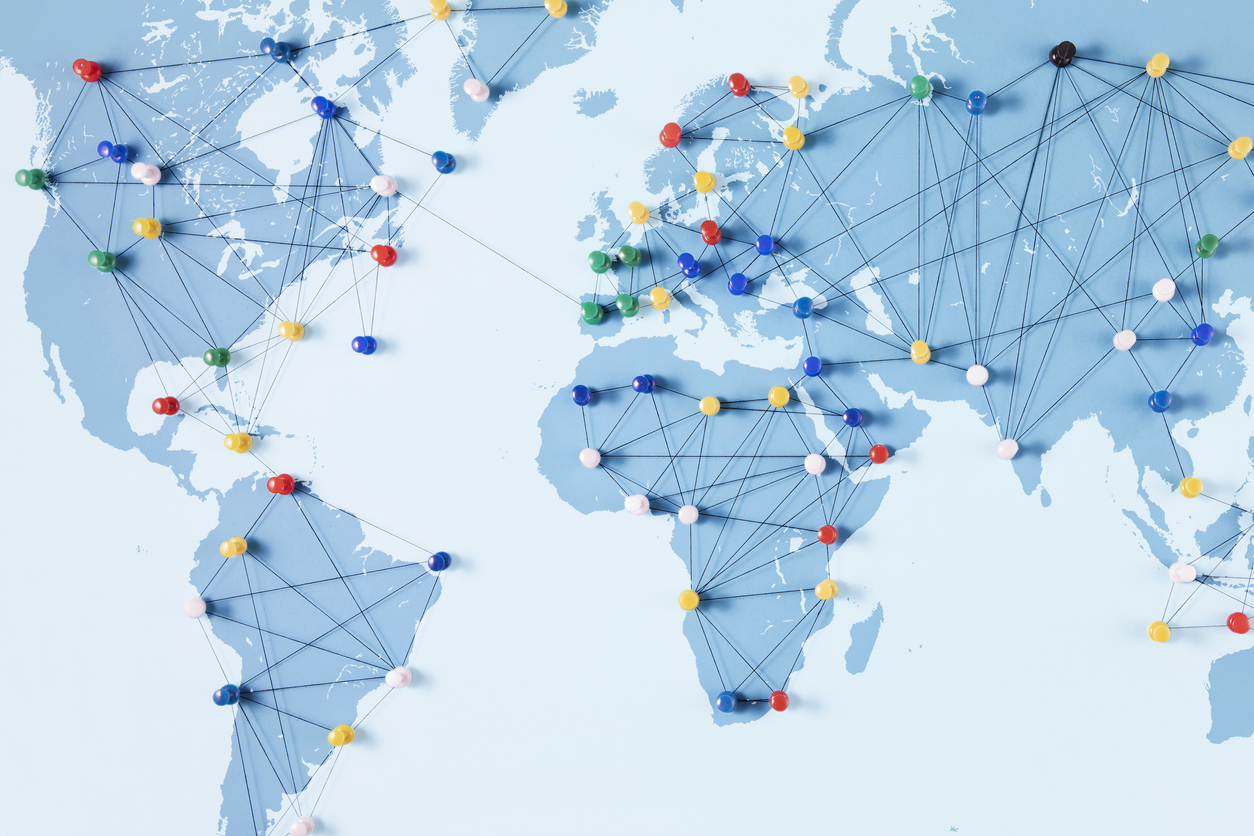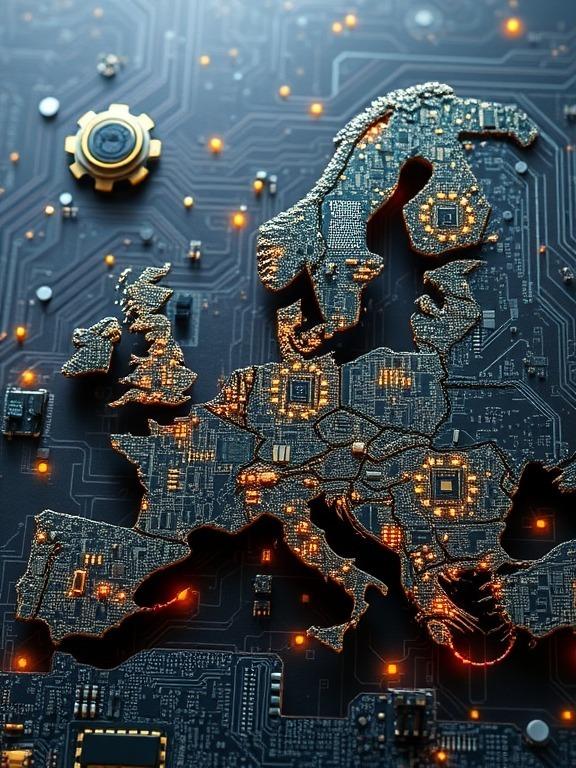
Events
-
27.03.2025
The Sino-Russian alliance and the return of the power blocs: Mao and Stalin’s long shadows?
Western media often describe the relationship between Russia and China as a close friendship between two ‘autocracies’ against the ‘Western community of values’. Xi and Putin speak of a ‘comprehensive strategic partnership’…
-
31.01.2025
Region meets international politics
The links between regional and urban history and international relations are manifold, but rarely obvious at first glance. Municipalities, regional self-government and (federal) states often did not and do not act exclusively…
-
14.01.2025
Infrastructure, AI and Europe’s Road to Digital Sovereignty
The intensifying techno-geopolitical competition between China and the US has exposed Europe’s vulnerability to digital dependencies.



